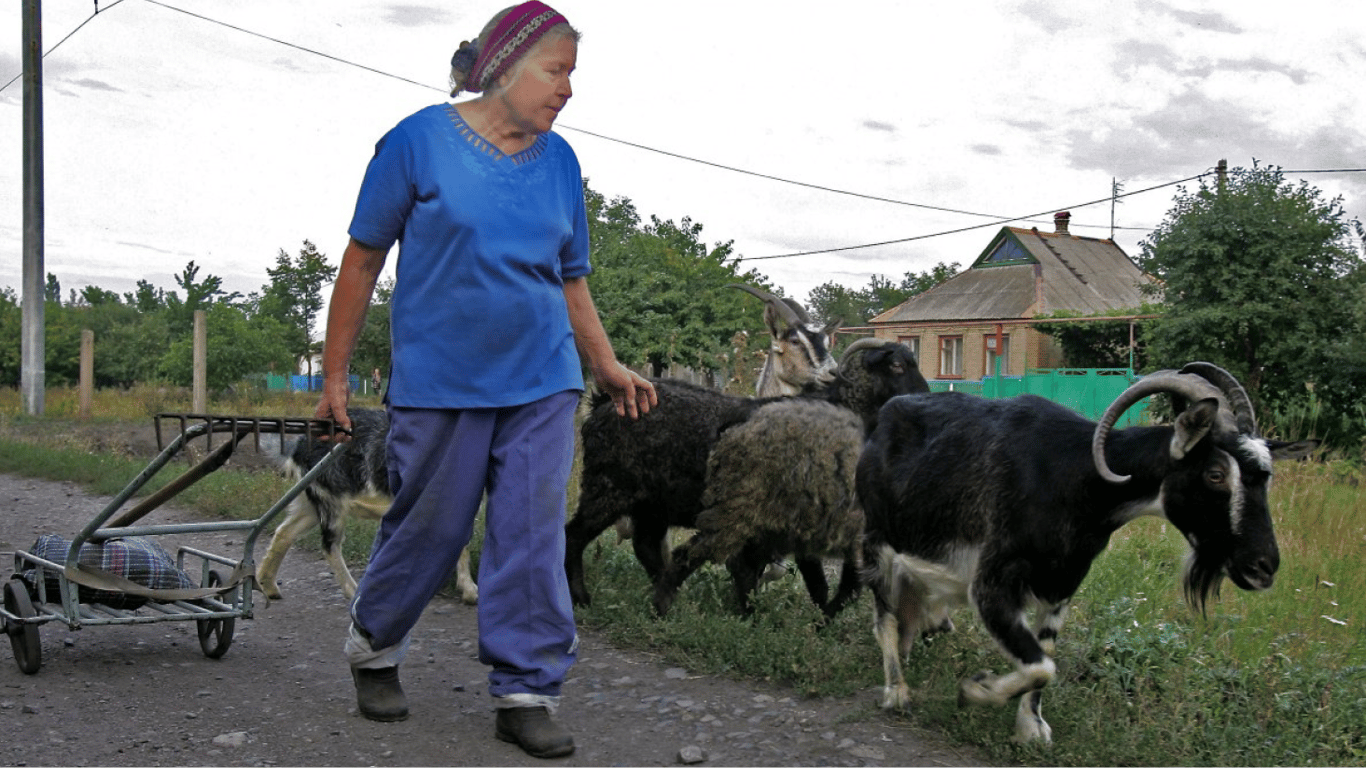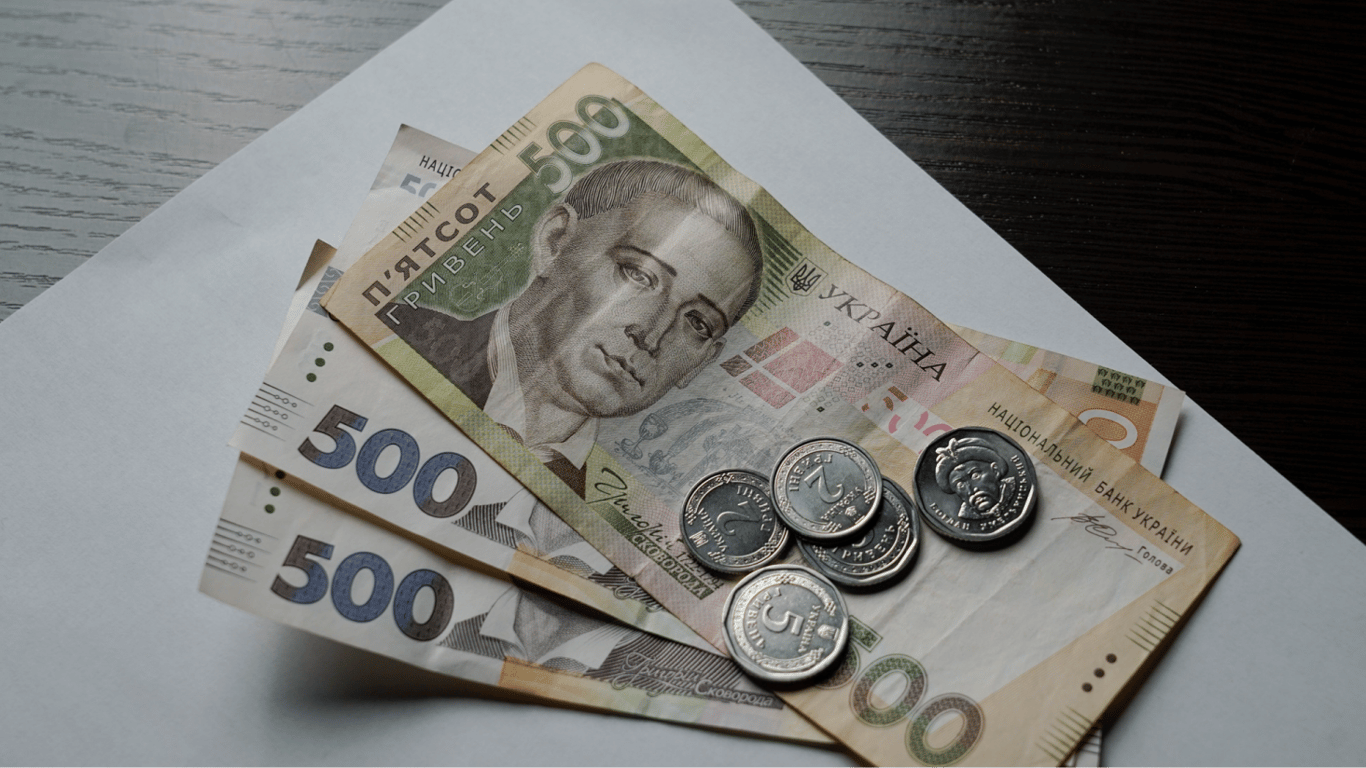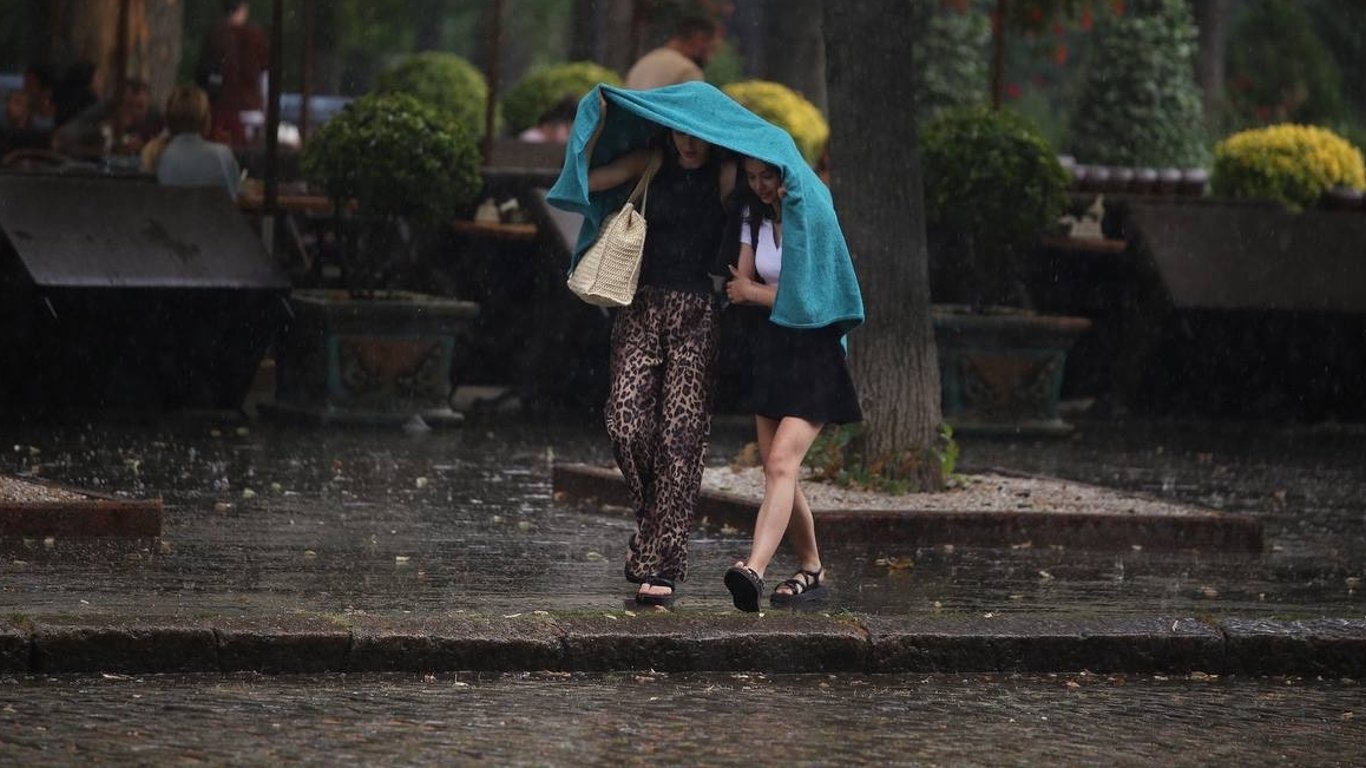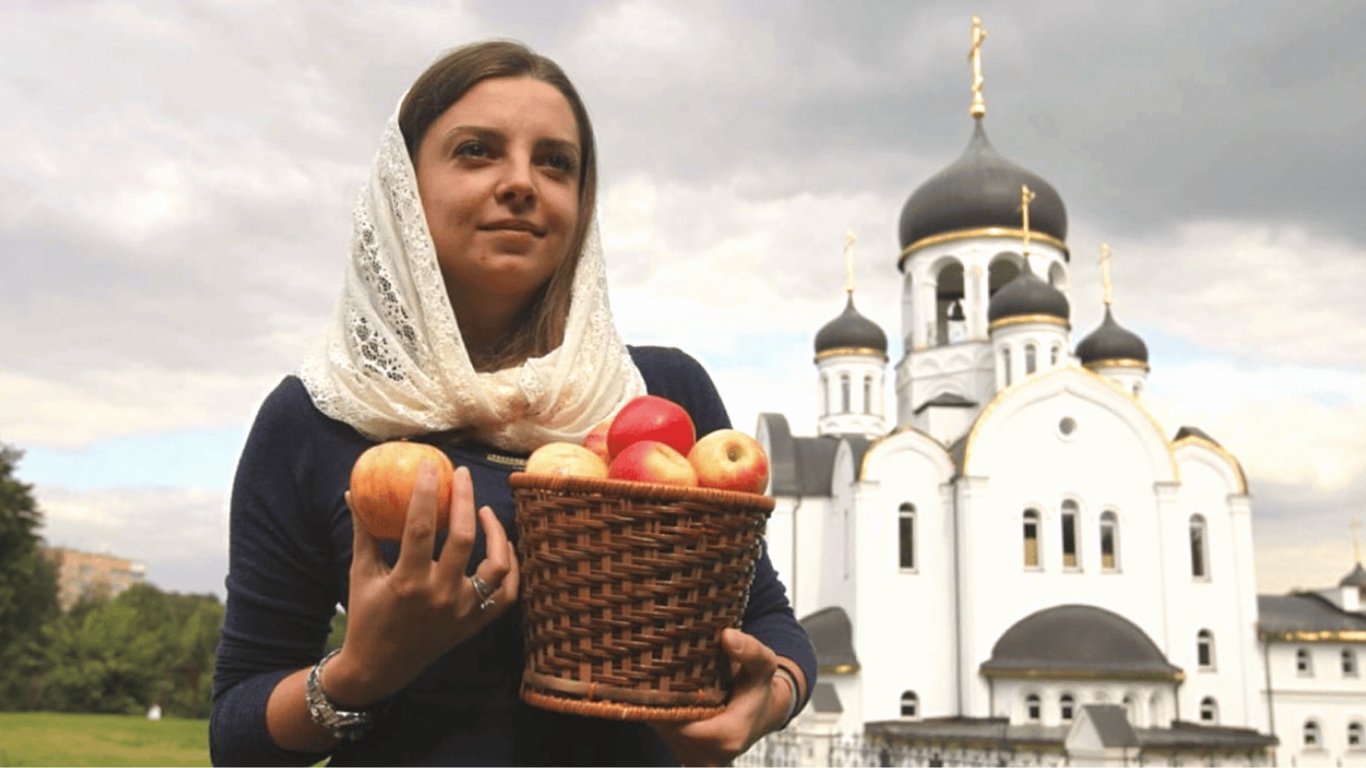How Czech Attitudes Towards Ukraine and Russia Have Changed: Survey Data.

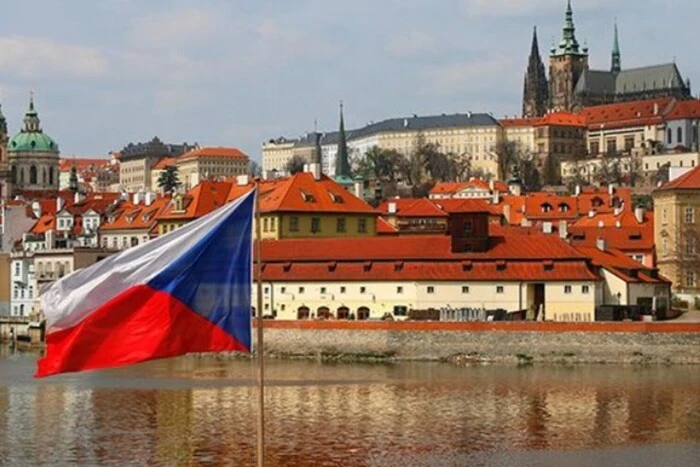
Czech Attitudes Towards Different Countries
According to a sociological survey conducted from April 8 to 17, Russia is among the countries perceived negatively by Czech citizens. Switzerland enjoys the highest popularity among respondents, with 69% expressing a positive attitude. Austria and Canada also have significant support. China, Russia, and Palestine received less backing. Russia ranked the lowest, garnering only 15% positive feedback.
On the other hand, Czech attitudes towards Ukraine have significantly improved since February 2022. In April 2022, 36% of respondents expressed a positive attitude towards Ukraine, marking a historic high. Although positivity has slightly decreased, currently, 30% of survey participants favor a positive stance towards Ukraine.
The President of the Czech Republic expressed support for the deployment of peacekeepers in Ukraine, stating that the country would grant permission for foreign forces to be present on its territory.
In May 2022, Kyiv and Prague signed an agreement to establish a Unity Hub for Ukraine on Czech territory.
Analyzing this information, it can be understood that the attitudes of Czech citizens towards different countries depend on many factors, including political events, economic situations, and historical ties. The positive dynamics towards Ukraine indicate certain shifts in citizens' perceptions and attitudes over Time. The agreement between Kyiv and Prague promotes cooperation between the states, which may positively influence international relations.
Read also
- Pension Assistance - What Benefits Will Ukrainian Women 60+ Receive in August
- Human virtues that shape destiny — what are the most important
- Benefits for pensioners in August - who will receive over 1500 UAH
- Heat, rain and thunderstorms — what weather to expect in the regions of Ukraine
- Pensions in Ukraine — who will receive a minimum of 3.76 thousand UAH
- When is the Assumption Fast 2025 - new dates and main prohibitions of Spasivka
